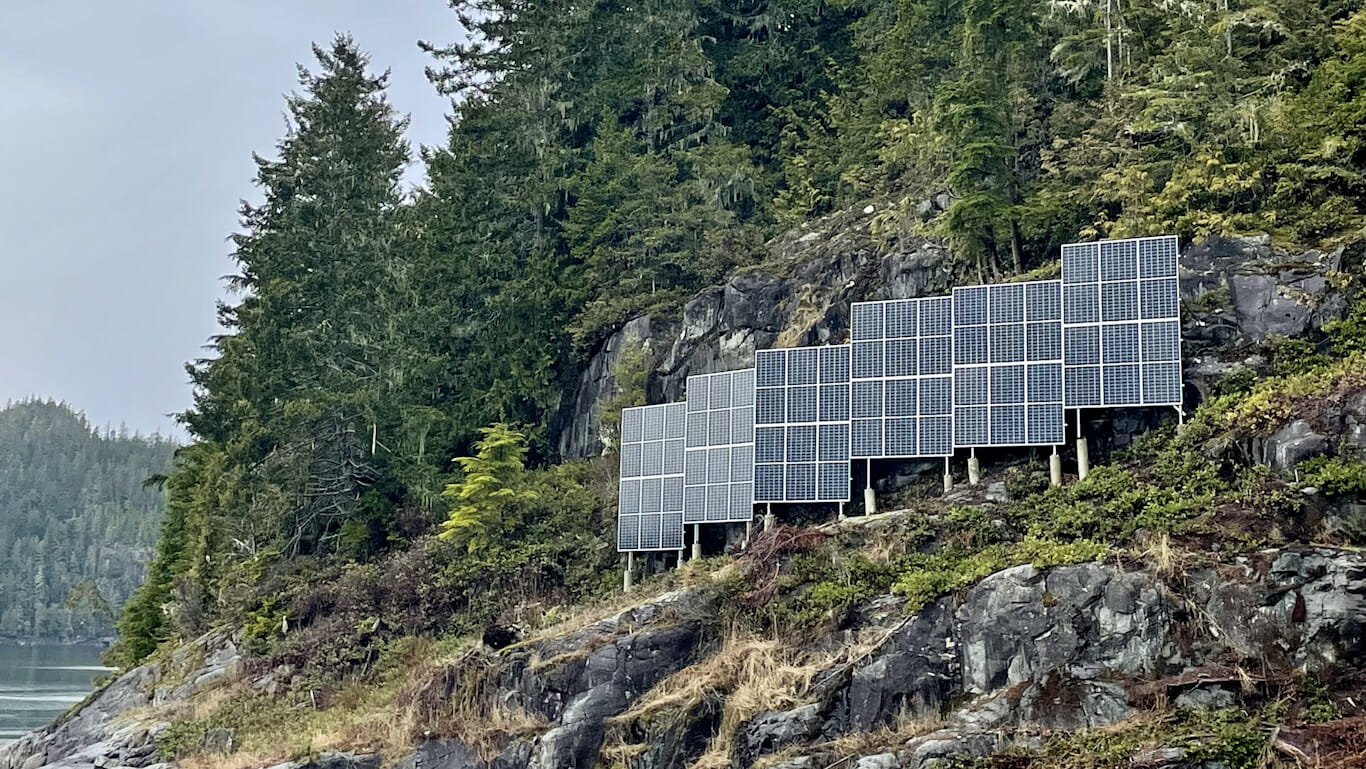Estimated Reading time

2 Mins
CEDR Funding Doubled to Support Remote First Nations’ Energy Transition Goals
The Province of British Columbia has contributed another $30 million to the Community Energy Diesel Reduction program, which supports remote communities to transition away from diesel-generated electricity.

The Community Energy Diesel Reduction (CEDR) program is doubling in size, thanks to a $30 million contribution from the Province of BC. Launched last year, CEDR delivers funding and supports for remote communities, including several First Nations, to reduce their need to purchase diesel for generating electricity and transition to sustainable, self-determined energy sources.
CEDR is delivered by the New Relationship Trust, with support from Coast Funds and guidance from a group of advisors with expertise in energy projects. With additional funding from the Province, CEDR will grow from $29 to $59 million, extending the program by three years. The Province estimates that the program can fund 96 projects over six years.
“Transitioning from diesel power to sustainable energy sources is challenging,” says Coast Funds CEO Eddy Adra. “We’re pleased to see the Province increase funding for First Nations and remote communities to develop community energy plans and invest in sustainable energy projects that meet local needs, reduce emissions, and create economic opportunities.”
Through CEDR, communities can access funding for:
- Community energy planning, including updates to existing plans;
- Demand-side management, including energy efficiency measures like building retrofits and heat pumps; and
- Renewable energy projects, including feasibility studies, design, engineering, and construction.
In January, CEDR delivered $7.1 million for 12 First Nations, including eight communities in the Great Bear Rainforest and Haida Gwaii, to invest in local energy priorities, including energy planning, building retrofits, grid upgrades, and solar, hydro, and battery projects.
“This new investment will help even more remote communities build and expand clean-energy projects that move our province away from diesel and toward a cleaner, brighter future,” said Premier David Eby in a government news release.
By investing in sustainable energy projects and reducing diesel consumption, First Nations are lowering electricity costs, improving service reliability, and reducing diesel-associated emissions and risks to human health and natural environments.
NRT and Coast Funds are preparing for a second intake of applications for CEDR funding, which will be announced in the coming weeks. There are 44 remote communities in BC that use diesel for some or all of their electricity generation and are eligible to apply for CEDR funding.
For more details on project eligibility and application timelines, visit the CEDR page on the NRT website or email cedr@nrtf.ca.
